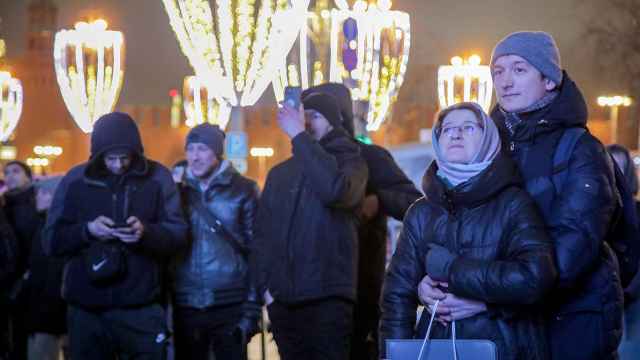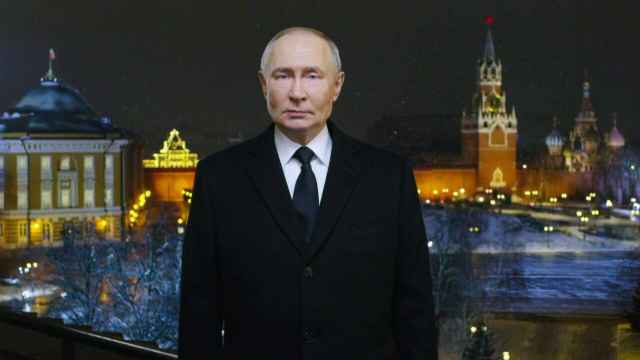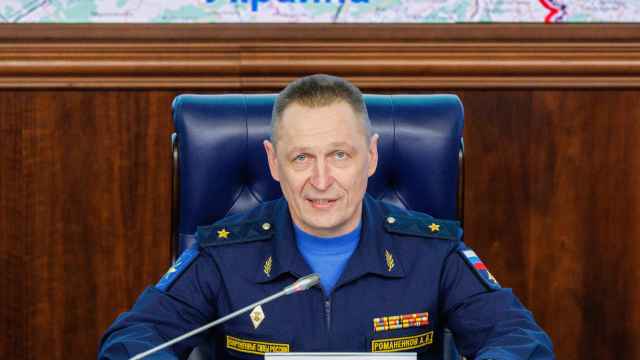TBILISI — NATO urged Georgia's government on Thursday to avoid selective justice in its prosecution of former officials who served under President Mikheil Saakashvili.
Dozens of officials, including a former prime minister, have been arrested since billionaire Bidzina Ivanishvili's government took office after a parliamentary election last October.
They face charges such as abuse of power, corruption, illegal detention and the wrongful obtaining of personal information.
"I want to make clear that we follow recent arrests of former government officials with a great concern," NATO head Anders Fogh Rasmussen told a joint news conference with Saakashvili.
"We are not going to interfere with these judicial processes, but it is crucial to avoid even the perception that these judicial processes are politically motivated."
Saakashvili's supporters accuse the Ivanishvili government of conducting a political witch hunt. Ivanishvili has dismissed their accusations but says any wrongdoing must be punished under the law.
Rasmussen said NATO expected Georgian authorities and courts "to fully respect fundamental principles of the rule of law and ensure people in due process."
"We will continue to follow events in Georgia closely and Georgia can count on NATO's support," he said.
Western countries have aired concerns that the new government has used selective justice and political persecution against opponents in the former Soviet republic.
NATO promised eventual membership to Georgia, a priority for Saakashvili, at a summit in 2008, but the mood cooled after a five-day war Georgia fought with Russia later that year.
Ivanishvili also wants Georgia to join NATO and the European Union but has said he would also seek better ties with Russia.
The Western-educated Saakashvili, who came to power in the peaceful 2003 Rose Revolution, is due to step down as president in October. He is barred from seeking a third term.
Asked about his future plans on Thursday, Saakashvili said he wanted to focus "on bringing up the standards of political awareness and education" in Georgia.
"I will do my best to be on the instructive and educational values-based side of politics rather than just purely current politics," Saakashvili said.
"But I don't know how to do it yet," he added.
A Message from The Moscow Times:
Dear readers,
We are facing unprecedented challenges. Russia's Prosecutor General's Office has designated The Moscow Times as an "undesirable" organization, criminalizing our work and putting our staff at risk of prosecution. This follows our earlier unjust labeling as a "foreign agent."
These actions are direct attempts to silence independent journalism in Russia. The authorities claim our work "discredits the decisions of the Russian leadership." We see things differently: we strive to provide accurate, unbiased reporting on Russia.
We, the journalists of The Moscow Times, refuse to be silenced. But to continue our work, we need your help.
Your support, no matter how small, makes a world of difference. If you can, please support us monthly starting from just $2. It's quick to set up, and every contribution makes a significant impact.
By supporting The Moscow Times, you're defending open, independent journalism in the face of repression. Thank you for standing with us.
Remind me later.





